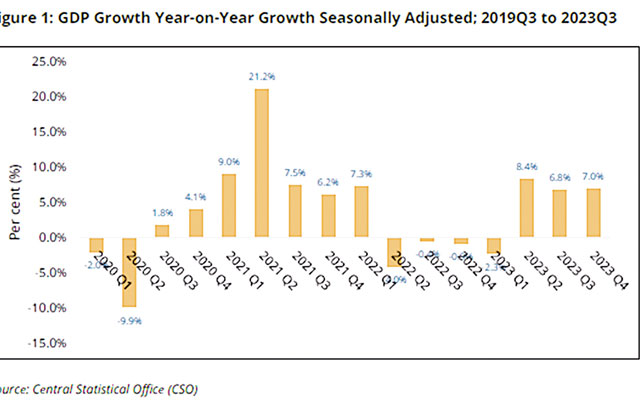By Qondile Ntiwane | 2020-03-26

Following the declaration of a partial lockdown in the wake of the outbreak of COVID-19 worldwide, the ministry of commerce, industry and trade, in consultation with the business community, has identified principles within which local businesses shall operate.
Speaking during a press briefing held in Cabinet yesterday, Commerce Minister Manqoba Khumalo said, as a ministry, they recognised that no business was non-essential but for the purposes of COVID-19, recommended that certain industries continue operating as normal under World Health Organization (WHO) and ministry of health guidelines.
The minister said sectors to operate during this period would include food retailers, consumer goods suppliers, manufacturers and all businesses that are involved in the food and consumer goods supply chain, agriculture and agro-processing, public transport and cross-border transport, fuel stations and financial services. Others are waste disposal services, health workers and emergency response workers, fire and emergency services, security services, water and sanitation services, pharmacies and telecommunications.
He said for those businesses that do not fall within the specified sectors above, except for bars which remain closed and bottle stores which shall operate within a stipulated time frame, they encouraged them to scale down by minimising their working hours.
He added that business that would not comply to WHO and ministry of health guidelines were expected to shut down until the situation normalises.
“We do understand that some businesses will be affected by external factors and we encourage those to engagee their employees to come up with a workable plan on how to manage the situation,” he said.
The minister said food retailers were those that provide food; including supermarkets, restaurants and deli shops.
He said they, however, urged these businesses to follow the guidelines; and also to introduce innovative ways of delivering their food items such as online orders and deliveries as well as digital payments.
“We cannot over-emphasise the importance of cooking home-made meals to those who can in order to minimise movement during this period,” he said.
He also mentioned the consumer goods suppliers which include retail and manufacturing industries in the consumer goods sector such as suppliers of raw materials, hand sanitisers, facial masks, disinfectant wipes, surgical gloves, toilet paper, baby formula and others.
The further mentioned that as a country, they were aware that people’s lives were at risk and it is therefore, everyone’s duty to take urgent preventative measures to minimise human loss.
“The business community needs to be at the forefront of these measures and it is against this background that the following guidelines must be implemented to reduce the spread of the virus to protect employees and customers in all sectors,” he added.
share story
Post Your Comments Below
Over 2 000 interned paramedics are said to be unemployed 10 years after completing their training...
ATHLETICS - A true marathon indeed!
The High court has issued an order to Athletics Eswatini...

Eswatini's economic activity, measured by Gross Domestic Product (GDP), grew at a steady pace of ...

SOCCER - FOLLOWING the submission of the 16-team league proposal by elite league and NFD clubs, t...
All material © Swazi Observer. Material may not be published or reproduced in any form without prior written permission.
Design by Real Image Internet